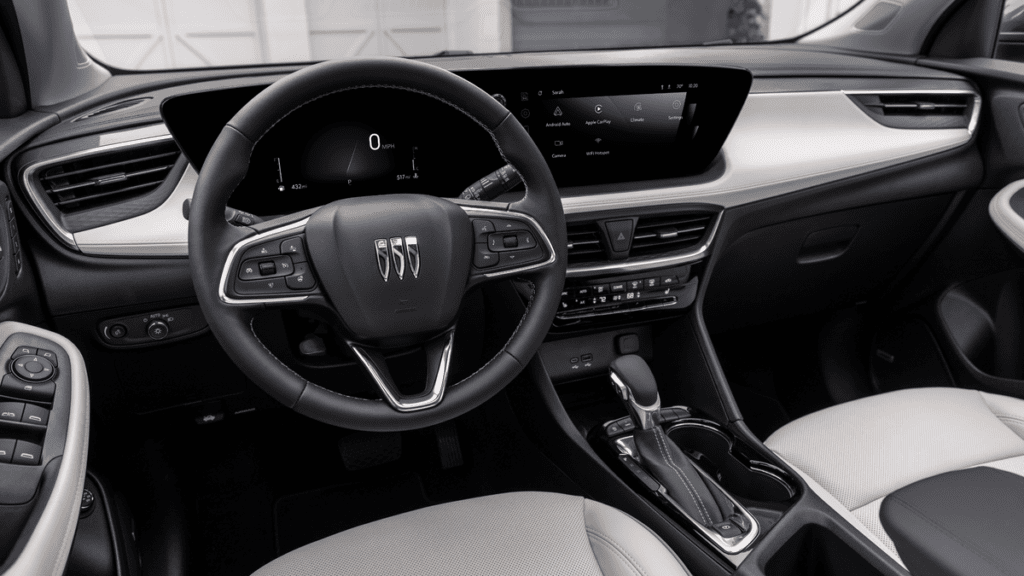GM’s New Open-Source Software Is Supposed to Make Other Automakers’ Lives Easier

General Motors is apparently in the giving mood and has decided to create its own open source software protocol that’ll serve as a “starting point” for other automakers and developers. GM says this is all being done in an effort to create a better software experience for car buyers, and it comes on the heels of GM saying it would be cutting off Apple CarPlay and Android Auto. The move reportedly comes as the automotive industry as a whole is looking to hire more software developers and programmers.
Rainn Wilson is Tired of Tesla and its Yoke
In case you missed it:
The program is called “UProtocol,” and in a statement on GM’s website, the automaker says the plan is to “speed up software development by streamlining the creation of software that is distributed across multiple devices within vehicles as well as across the cloud and mobile.”
GM says it is joining up with the Eclipse Foundation, a Brussels-based organization that specializes in open source software. Other companies working on the program are Microsoft and Red Hat, along with “multiple” other automakers. GM says it sees uProtocol as an opportunity to collaborate across the automotive industry on software projects.
“[W]e aim to bolster collaboration within the industry to increase software reuse and interoperability across the automotive industry,” Frank Ghenassia, executive chief architect of Software Defined Vehicles at GM, said in a statement.
GM’s main focus is on Ulitifi, a software platform that’s going to start appearing on GM vehicles later in 2023. The automaker says it will power everything from weather apps to in-car cameras for facial recognition. According to The Verge, the Linux-based system will be available to third-party developers who may want to create apps and other features for GM customers.
From The Verge:
GM’s uProtocol will serve as a starting point for those third-party developers, the company says. Like an API, the open-source protocol is “the communication protocol that enables software components to talk to each other and to communicate and exchange information,” Ghenassia said. “The protocol itself does not include a specification of what is the structure of the messages, what is the content of the information that is exchanged between the software components.”
In other words, GM is trying to standardize communication protocols, not the content that is being passed back and forth, most of which should be considered proprietary and not something that GM would necessarily want its competitors to gain access to. After all, there’s only so much sharing that can be allowed in a free market capitalistic system.
The outlet also reports that the automotive industry as a whole has been on a hiring spree over the past several years — picking up thousands of software developers from Silicon Valley in an effort to bring more technical sophistication to their fleets. Because of this, the outlet says that more cars have been released with continuously updating software features — also known as over-the-air updates.



